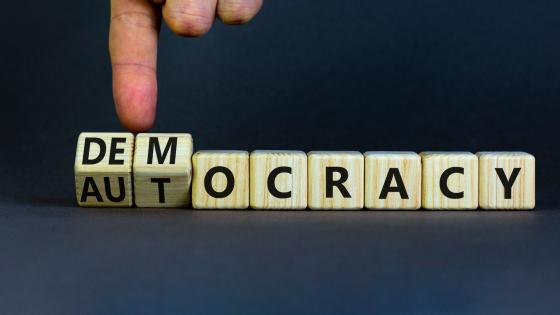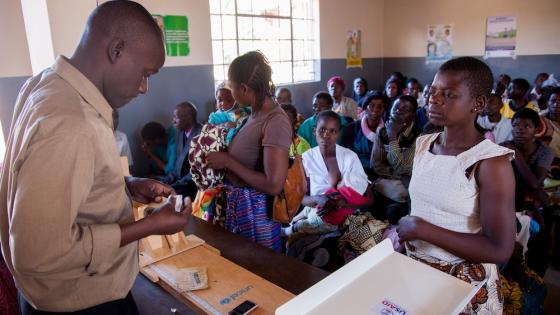DP511 Public Goods in Trade: On the Formation of Markets and Political Jurisdictions
The current debate in Western Europe centres on the relationship between economic and political integration. To address this problem, we construct a simple general equilibrium model in which the returns to trading are directly affected by the availability of a public good. In our model heterogeneous agents choose both a club and a market to belong to. In the club, agents vote over the public good, are taxed to finance this good, and receive access to it when they trade. In the market, they are randomly matched with a partner; if a match occurs between traders of different clubs they both suffer a transactions cost. We show that, in general, the political boundaries established by the clubs can be distinct from market borders, leading to international trade between members of different clubs. Further, as the region develops, markets becomes wider (eventually leading to a common market) and the desire to avoid transaction costs initially leads to political unification. At still higher levels of development, however, where transaction costs are less important, traders prefer the diversity offered by multiple clubs.


